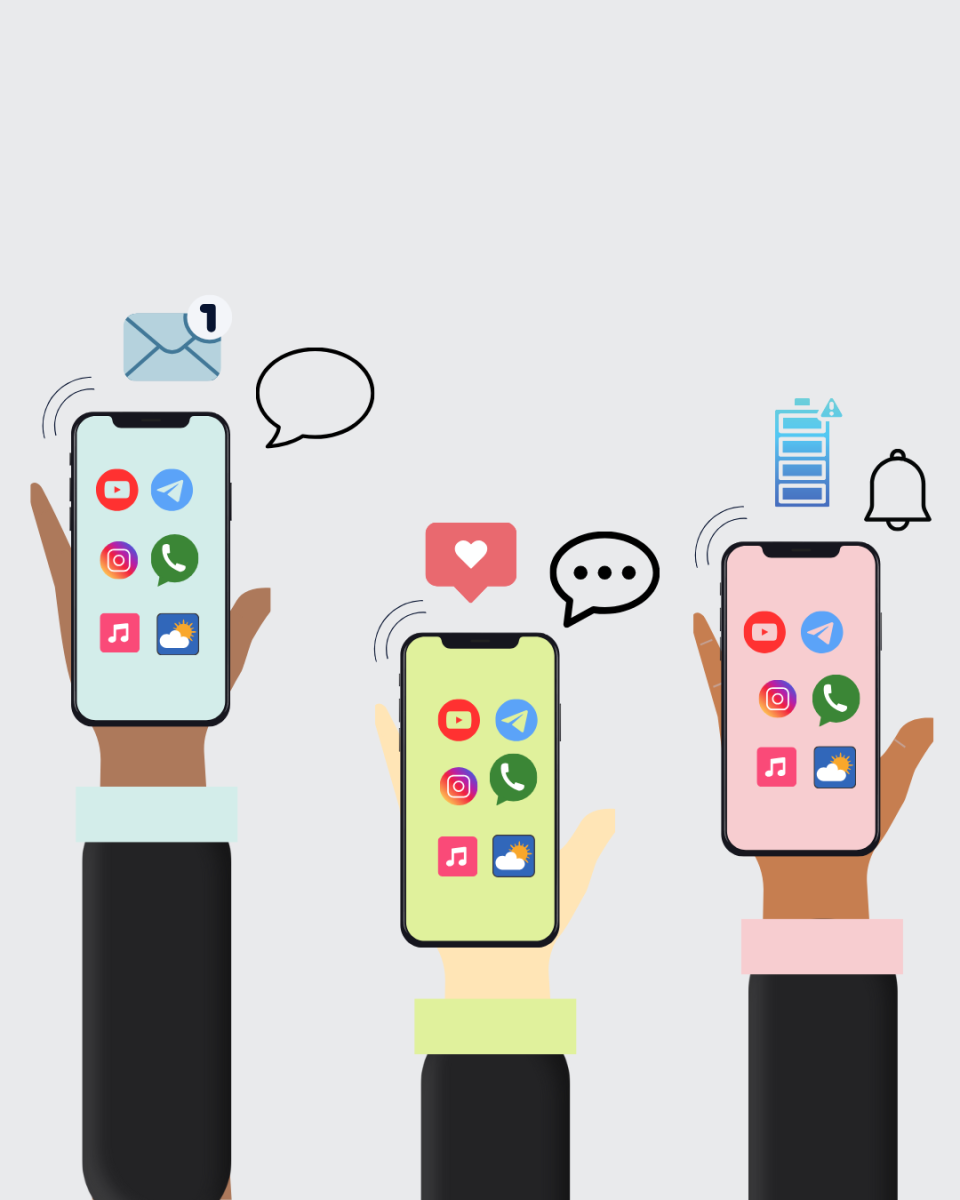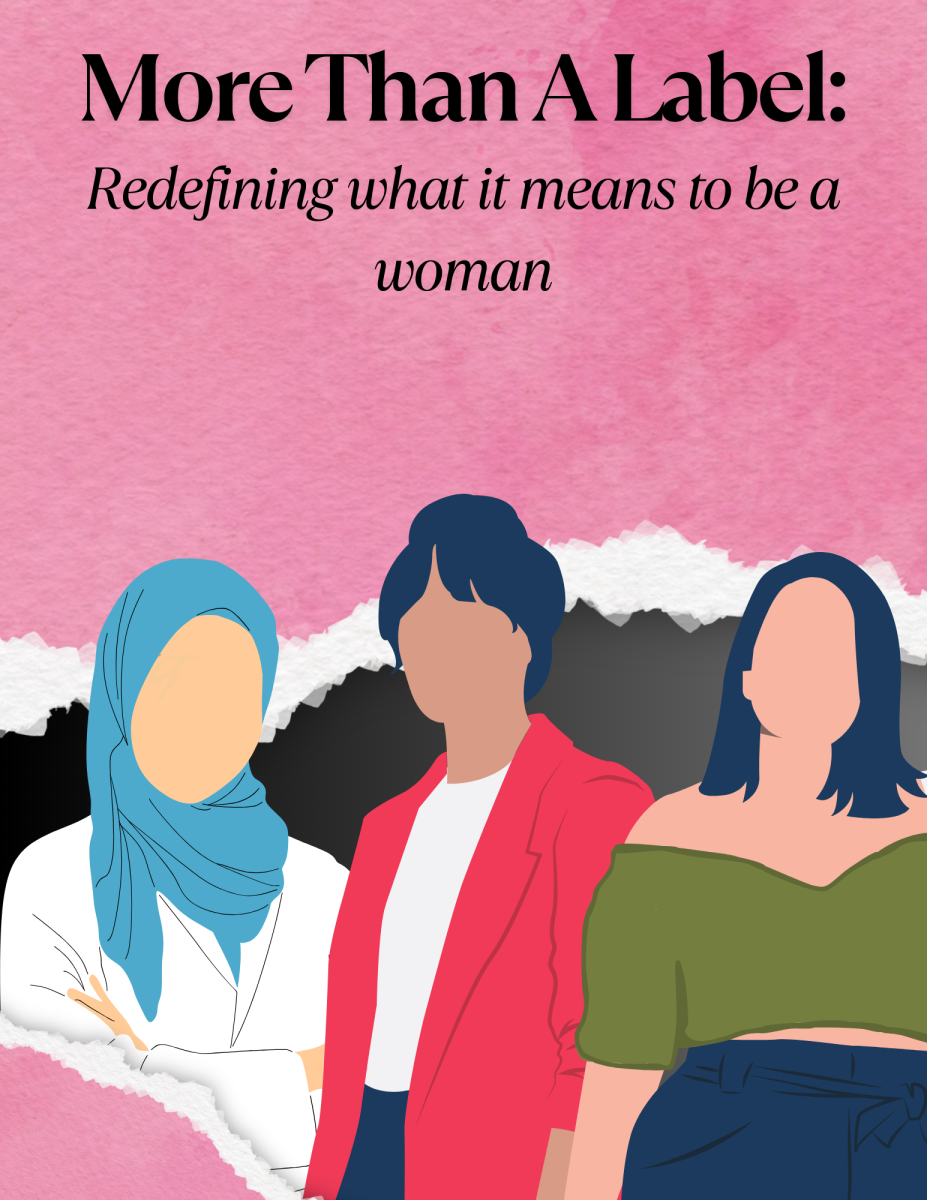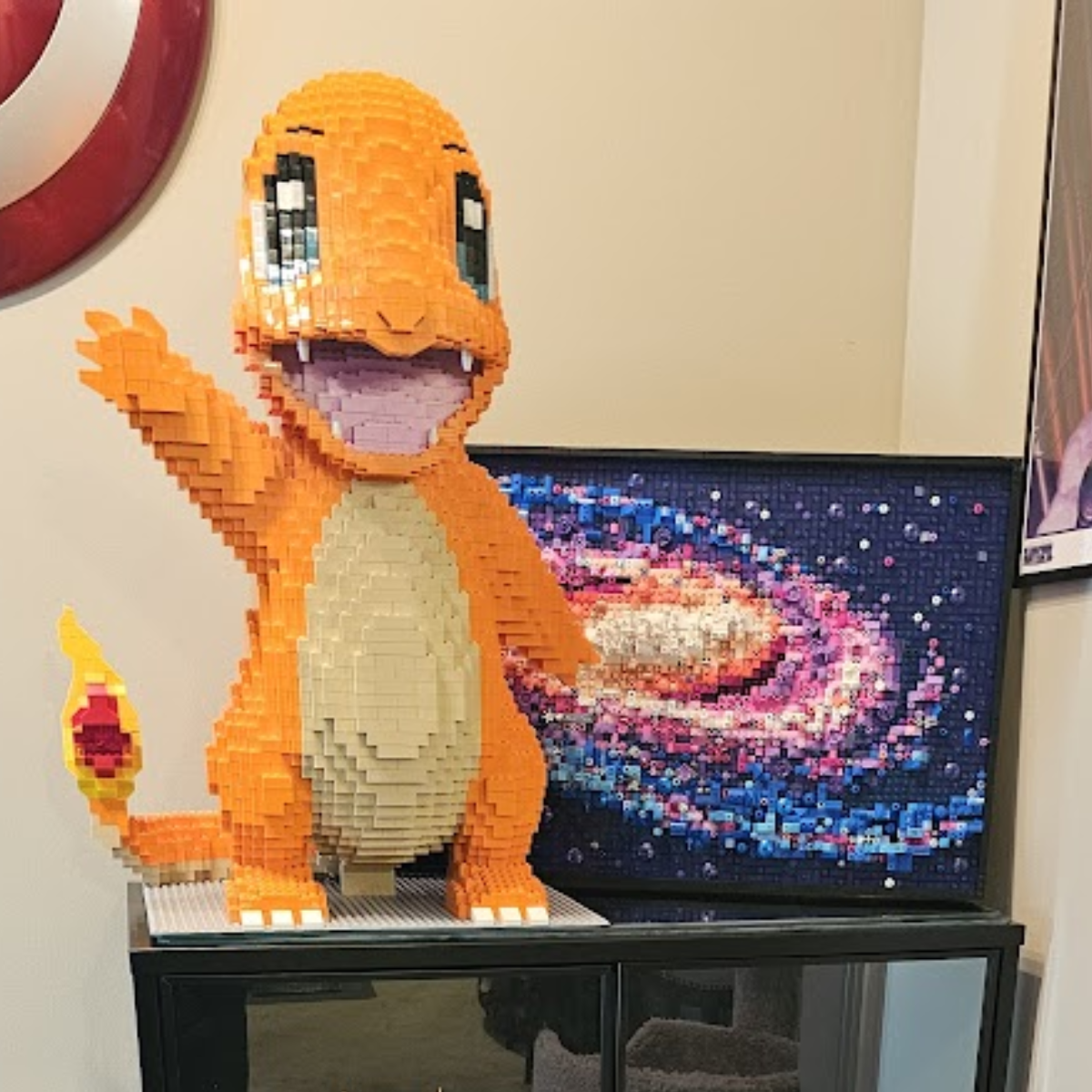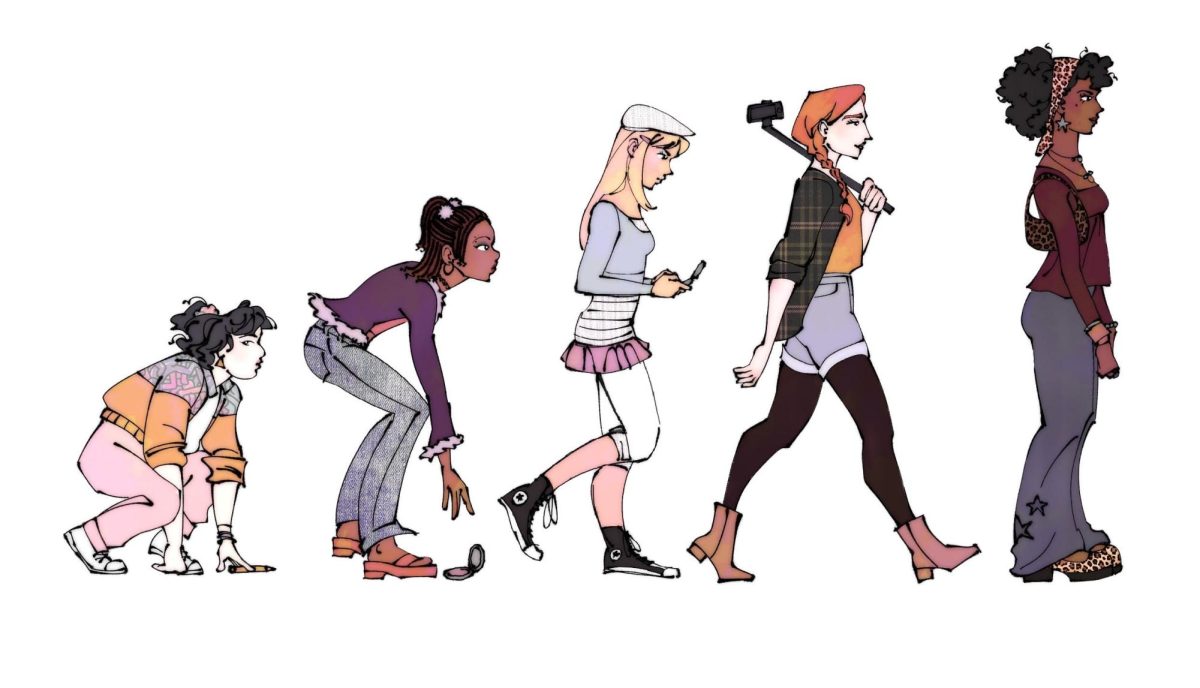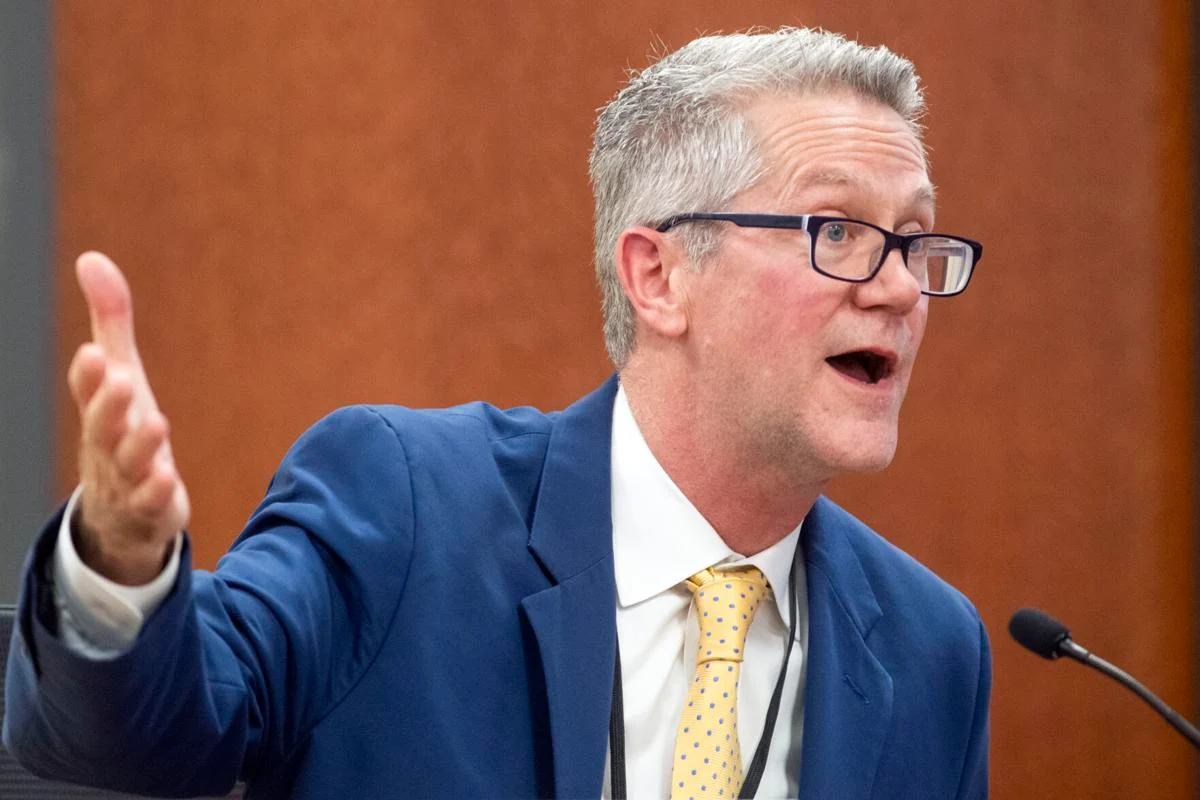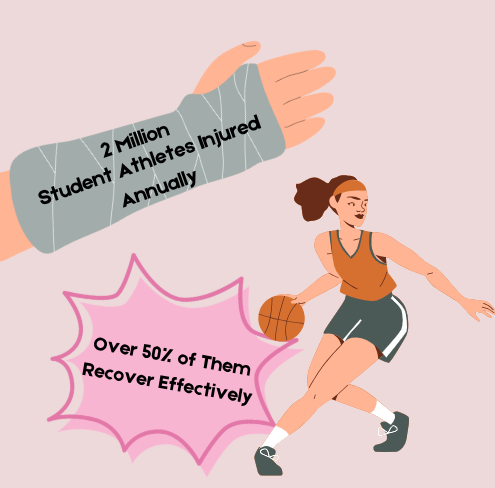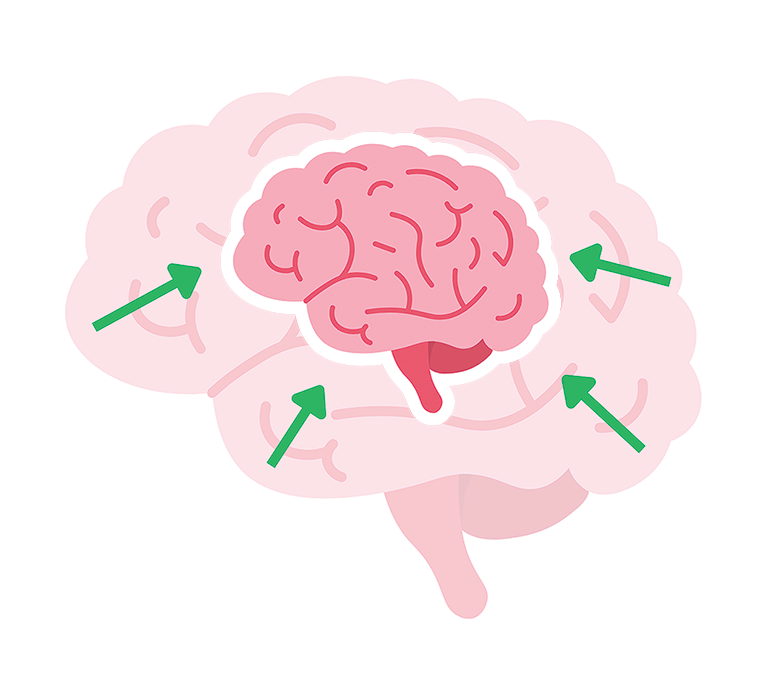Ding! The notification sound from your phone consumes the quiet classroom. As the teacher steps towards the noise, your mind piles with millions of questions. Who was that? Did they like my video? What did they comment on? And the most important, why do I care so much?
Social media has wrecked the lives of students in this generation. From the moment teens wake up to when they fall asleep, their phones are glued to them. At school? You’re checking your phone. Walking through the halls? Your phone’s in hand. Social media is the culprit of the lack of determination and an arising rate of unfocused students. It’s taking away from students’ lives and the worst thing is, most people don’t realize it.
First of all, our social media, dominated by short-form content, is damaging student’s attention spans as well as their productivity.
“Social media causes me to procrastinate finishing my homework,” Parker Lambrecht (9) said. “I need to work on procrastinating.”
St. Cloud University, one of the largest institutions in the Minnesota University system, concludes that the short, quick videos on social media create inattentiveness for those who consume them. This issue may not raise concerns until you try to complete certain tasks. For example, since homework requires long periods of thorough focus to acquire the information, it can be difficult for you to sit through it.
Freshman Ava Ulmer doesn’t use social media. Ulmer claims that her lack of procrastination stems from straying away from social media; it is one less distraction for her to worry about.
Social media is a major distraction and Ulmer recognizes that it could hold her back. She strays away from using social media apps to build a stress-free environment. Obviously other factors in her life could cause a distraction, but the greatest one is social media.
“I don’t have the urge to check social media constantly while doing my work,” Ulmer said.
The “need” of checking social media can consume a student’s thoughts. Since Ulmer doesn’t have to think about a like on a video or a Snapchat notification, she can focus on improving her knowledge over topics learned in her classes.
Lambrecht, an avid social media user, has a screen time of around three to four hours every day.
This screen time may not seem like a lot for each day, however, looking back a week later, 21 to 28 hours a week could cause concern. If it weren’t for scrolling on social media, the amount of work you could have completed would have been substantial.
Spending more time on social media means less time for completing homework, receiving good grades, focusing on a sport or activity, and it could drift you away from a meaningful relationship.
“My usual screen time on the weekdays is one hour and 30 minutes,” Ulmer, non social media user, said.
This is a healthy amount of screen time for a person. The UCLA Center for the Developing Adolescent writes, “6,500 American adolescents found that more than three hours of social media use each day may increase the risk of mental health problems over time.” As shown, there can be detrimental effects to social media use which many teenagers do not realize.
The choice of having social media ultimately sits on the shoulders of the adolescent. Lambrecht sometimes regrets having social media, she said, “but it also helps me feel more connected to the community.”
Many students decide to download Snapchat or Instagram to feel included. For many, FOMO (fear of missing out) is reduced once acquiring social media. On many apps, you can see what your friends are doing everyday and you can stay in touch with the latest trends.
“It has given me more information and insight on different subjects,“ Lambrecht said.
Lambrecht can stay connected with the news and follow the next “cool thing.” This can build a wonderful, well informed person but it has its negatives as well. Research from the United States Public Interest Research Group, partnered with USC University research, found 40% of news on Facebook to deceiving. You must be precocious when taking in information.
Ulmer has a perspective on “staying in touch” too. She’s glad she is not on social media, she answers, “But sometimes I feel left out if some people are talking about trends I don’t know.”
There is a firm link between personal isolation and depression or anxiety, research from Charlie Health shows. Social media can be a positive space for building connections and feeling included. However for the people that are left out, it can create an even more isolating, dreadful experience.
Different people suffer with more or less depression based on their overall well-being. Nonetheless, even though social media strives to create a welcoming community, it simultaneously hurts the people that can’t be included.
With that, Ulmer has experienced people disconnect from the world around them due to social media. “My cousins all have social media and they are very addicted to it, “ Ulmer said.
Ulmer shares an experience she has had with close family. She has seen first-hand how social media can disrupt a person’s life, and completely take over their childhood.
“My cousins stay up till 2 a.m. just scrolling,” Ulmer said.
If social media is not limited, it can rage into a cycle of forever scrolling as shown with her cousins.
Even though the negatives of social media were highlighted throughout this article there are definitely some positives. But next time you download a social media app, make sure you are entering a space that will be meaningful for your life.

